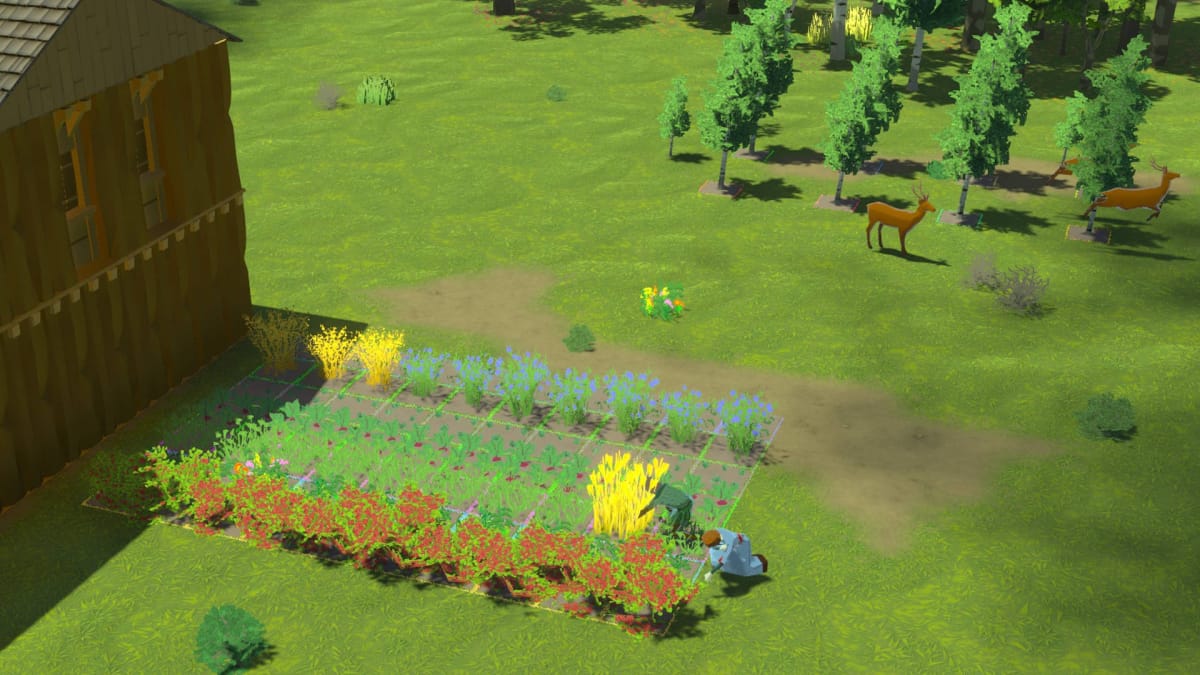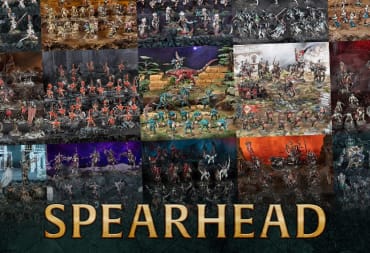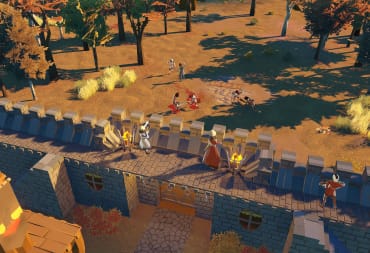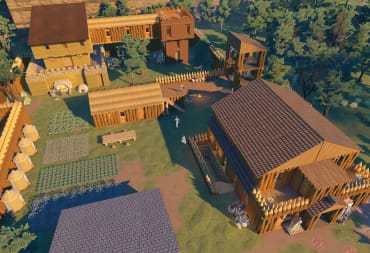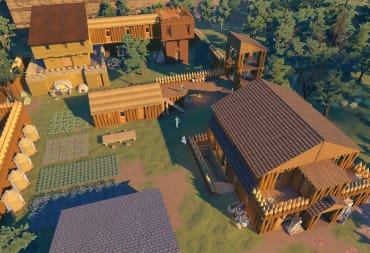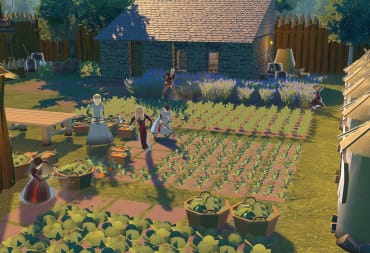Video games have had the ability to save your progress for decades with various systems. There are all sorts of ways to save a player's data, but Going Medieval's save system might be the best implementation I've seen in a long time.
Going Medieval is a pretty new colony sim game that's set in the late 1300s. A small handful of Settlers head out into the wilderness with a few supplies and a bunch of optimism; from there, it's up to you to help them build a life and defend it from attackers.
A key point about colony sims is that your decisions can have long-term consequences on the game. Build a wall wrong? The enemy breaks through and everyone dies. Fail to properly store your food? Your Settlers starve and everyone dies. The ability to go back to an earlier point in a playthrough is critical for experimenting and learning, and Going Medieval's save system is the best implementation I've seen yet.

What's in a Save Game?
At the technical level, a save game is simply a bunch of data that marks what a player has done in a game. This can come in the form of a digital file filled with technical jibberish, a text file that could be easily edited, or even something like a password or QR code.
Imagine a huge open-world game like Fallout 4—your save game has to track all sorts of stuff, including (but not limited to):
- Your character's status
- What your character (and everyone else in the world) is equipped with
- The placement of thousands of objects
- The status of hundreds of different quests
- Other minutiae such as the time of day and weather
Tracking all of this stuff can take up a lot of space; one of my more recent Fallout 4 saves is 17 megabytes in size. That's pretty big for something that essentially boils down to a huge text document tracking all of this stuff.
Going Medieval's save system is no different—it has to track the stats of your Settlers and all of your various building pieces, the locations and status of items, and other variables like the time of day and weather. What makes Going Medieval special, however, is something that it has in common with Fallout 4: how the game organizes those save files.

The Advantages of Going Medieval's Save System
Going Medieval's save system is superbly designed for colony sims, especially since the colony sim genre is one where you tend to fail more often than not. For example, I didn't have any kind of success until my eighth or ninth restart of Going Medieval simply because I needed the time to understand the game's mechanics and develop an effective strategy.
Despite ever-increasing storage space and better programming, we're still seeing games released on the commercial market that make it difficult to manage your save games.
When you start a new game of Going Medieval, you're led through a series of choices that will determine the difficulty, map, scenario, and starting Settlers for your playthrough. Once you confirm it, a new map is generated and your adventure begins. (Naturally, the game periodically autosaves to preserve your progress in the short term, and you can manually save the game at any time.)
The magic, however, lies in how Going Medieval's save system is organized. Each playthrough gets its own separate folder of sorts on the save screen, removing any fear of accidentally overwriting one of your games with a new one. Furthermore, you get a "Start.sav" file generated immediately, making it super easy to go back to the beginning of a playthrough without having to go through the game setup process again.
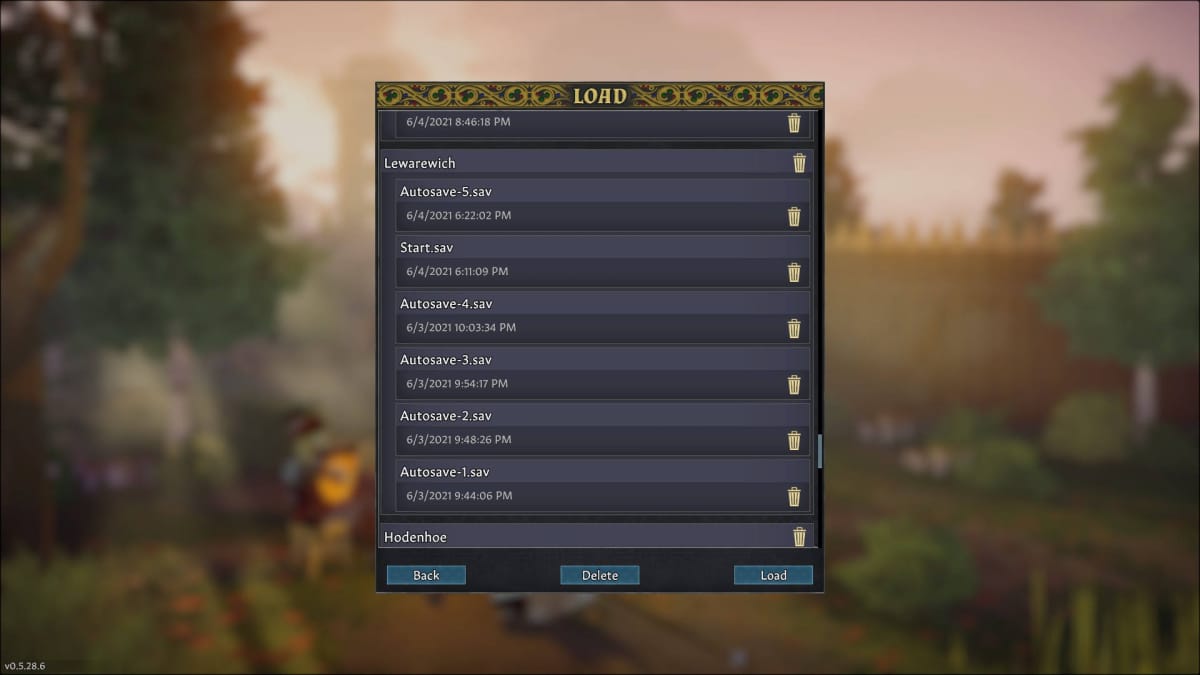
Unfortunately, not all games are like this. Despite ever-increasing storage space and better programming, we're still seeing games released on the commercial market that make it difficult to manage your save games. I'd understand limiting a player to a certain number of save slots in an era when a PlayStation 2 memory card had 2 MB of storage, but this just doesn't make sense in a time when hard drives and SSDs are measured in the hundreds of gigabytes.
Going Medieval's save system is great because it does two very useful things (especially for this style of game): it puts each playthrough in its own folder and immediately generates a new save for a new playthrough to allow for starting over again without any extra work. These two simple features making managing my saves so much easier, and I sincerely hope that more game developers take notice and do something similar for their own games in the future.
Have a tip, or want to point out something we missed? Leave a Comment or e-mail us at tips@techraptor.net
